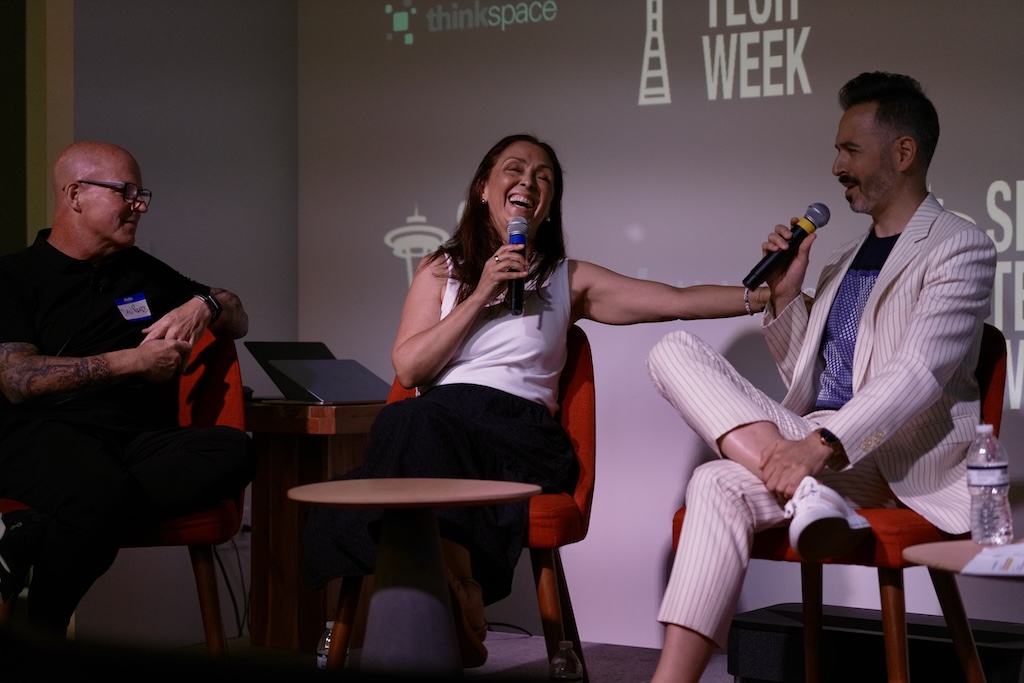 It seems that everything we do today is done at an increasingly accelerated rate. I’m not just referring to the ability to quickly access movie showtimes or send a large file to someone across the world. Instead, take a step back and look at just how much you are asked to accomplish in a given day at work.
It seems that everything we do today is done at an increasingly accelerated rate. I’m not just referring to the ability to quickly access movie showtimes or send a large file to someone across the world. Instead, take a step back and look at just how much you are asked to accomplish in a given day at work.
Startups are always in a big hurry to get things done. The has typically been that the faster you can get things done, the better your chances of success. There might be a multitude of different examples where this is true, but a growing trend in the business world seeks to challenge this philosophy.
A cultural trend known as the Slow Movement which started in protest against fast food and has since branched out to a number of different similar philosophies targeting the world of parenting, gardening, and art.
Slow Work, as described in a blog post by Pete Bacevice on his blog, is an answer to the increasing demand on workers with knowledge and creative positions which threatens to degrade productivity over time. The idea is that with so much information and various tasks being thrown at workers on a daily basis, the individual’s ability to keep up with demand is falling short.
Ultimately, the stress of being creative in a rushed environment can have a counterproductive result. Imagine going back in time and asking Leonardo Da Vinci to finish the Mona Lisa in half the time while throwing additional tasks at him in the interim. The Mona Lisa would probably have turned out very differently. Would she have the same charm? Would Thomas Edison have created the light bulb if he were working in an environment and pace we are subjected to in a modern workplace?
Humans are not machines, and we don’t retain information as quickly as the computers we use. Our ability to absorb and understand information is limited by our mental capacity — and rushing someone in a knowledge-based position to accomplish things faster than they are comfortable or able – either by imposing time limitations or requiring employees to multi-task – is an open invitation for errors and additional stress.
On the other side of the issue, a business environment that encourages a deeper connection between the employee and the project encourages free thought and the creation of new ideas. This is a philosophy that can be seen in the products of generations past. From the tea ceremonies of old Japan to the assembly line at the early Ford plants, the value of slowing things down and allowing enough time for the worker to put pride and creative efforts into their work is immeasurable.
